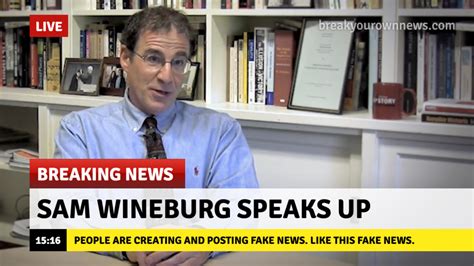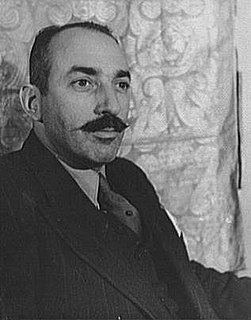A Quote by Maverick Carter
Students come to school hungry, and that affects how they study and read and prepare.
Related Quotes
I moved to Philadelphia to go to school at Eastern partly because I wanted to study the Bible and I also went to study sociology. I like how Karl Barth said we have to read the Bible in one hand and the newspaper in the other so that our faith doesn't just become a ticket into heaven and a license to ignore the world around us.
Everything we know has its origin in questions. Questions, we might say, are the principal intellectual instruments available to human beings. Then how is it possible that no more than one in one hundred students has ever been exposed to an extended and systematic study of the art and science of question-asking? How come Alan Bloom did not mention this, or E. D. Hirsh, Jr., or so many others who have written books on how to improve our schools? Did they simply fail to notice that the principal intellectual instrument available to human beings is not examined in school?
In the 1960s when the recording studio suddenly really took off as a tool, it was the kids from art school who knew how to use it, not the kids from music school. Music students were all stuck in the notion of music as performance, ephemeral. Whereas for art students, music as painting? They knew how to do that.



































